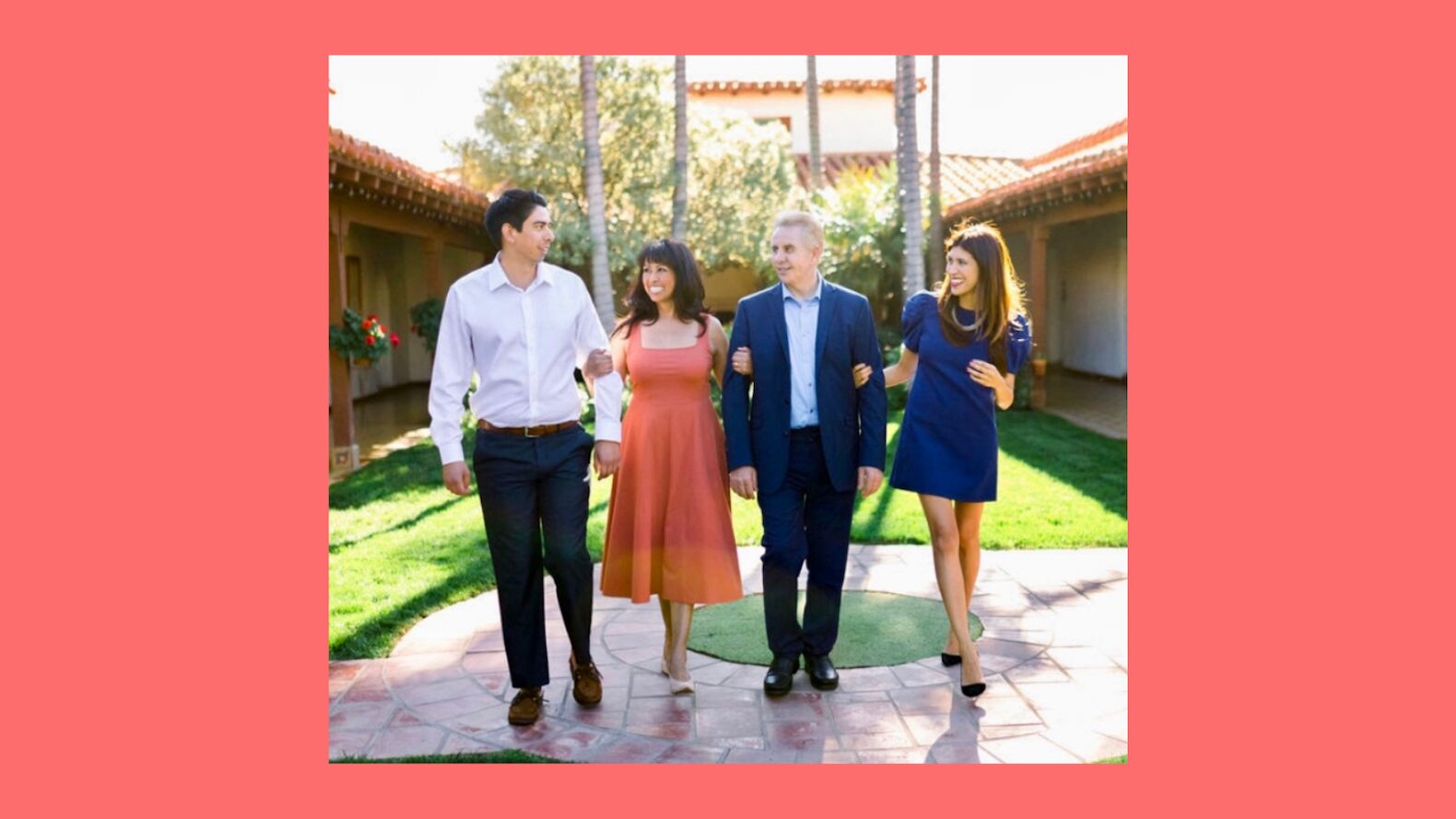A Love Letter to Caregivers
5 MINS to read

“What was the hardest part of what you went through? Did you think you were going to die?”
Before answering, I paused to think back on the last year. I’m very candid about my story because I think the conversations we have surrounding healthcare are extremely important. Death is absolutely a valid fear. And for most, cancer surfaces those fears of death. Everyone’s experience will be different, but I have to say, on that crisp spring day in 2021 when the doctor told me the lump in my breast was a malignancy, recommending that I get a double mastectomy and radiation, I had two thoughts: how am I going to pay for this and how am I going to explain this so no one freaks out?
Honestly, I didn’t really process what happened until I finished all of my treatment. There wasn’t a lot of time. Imagine, one day out of the blue, you enter a race. Someone sprints next to you, hands you a baton, and says, “OK on the count of three you’re going to run as fast as you can. Don’t stop running, for any reason, until you see the light at the end of the tunnel”. The clock counts down and you’re off. Nothing else exists.
So, that’s what I did. I raced and I kept running for a year. Through the tears, laughs, and frustration; I kept running because I had to. It’s when I look back that I realize how grueling it was not just for me, but for everyone involved. I wasn’t alone.
When you love someone, their success is a shared success, one that radiates victory and joy; but their pain is also felt. It can leave you in a state of helpless uncertainty. In my marathon year, although I smiled and joked through it all, I know it couldn’t have been easy for my close friends and family to see me hurt. For me, that was the hardest thing, knowing that I could never take their worry and pain away. This is a love letter to them, because without them I wouldn’t have made it through. Caregivers play an immense role in patient’s lives, and while the road to recovery frequently focuses on the patient, we often forget the distress, guilt, anxiety, and fear many caregivers feel. I would argue that while different, a diagnosis is equally challenging for them.
The strongest example of how these extraordinary humans came together was in the weeks leading up to my first surgery. I was living with my then boyfriend, when the relationship abruptly ended two weeks before my lumpectomy. I knew that if I had to I could take care of myself but I was terrified. I was in a foreign country, during Covid, and now I had to move out. I couldn’t even bring myself to tell anyone back home what was really happening, because they would only worry from afar. Without asking, my friends banded together and made sure I had a place to stay. They helped me move, they fed me, and bathed me when I couldn’t move. They made me laugh and held my hand when I was scared. For months I had their unwavering support, through surgeries and radiation. Their smiles, warmth, and company was as important to me as my medical team’s.
When I started making arrangements for my second surgery, I knew I had to tell my family. Since I was living abroad at the time of my diagnosis and couldn’t immediately return due to Covid restrictions, I would have to do it over a phone call. How do you explain to your parents and younger brother, on FaceTime, that the surgery you so adamantly reassured them was nothing to worry about, is now indeed something more. Recalling from my previous experience working in medicine, I tried to detach myself from the situation and walked them through the process of next steps as if the patient was someone else. Reassuring them, we would assemble a medical team and do everything we could. Asking them if they had any questions about the procedure. When I hung up, I’m not even sure I realized I was the patient. I couldn’t bear to think how painful or confusing it would be for them to hear the news at five o’clock in the morning, their time. Barely thirty years old, their only daughter would be getting a mastectomy.
I never wanted to cry in front of anyone. I thought if I could make them laugh instead, they would worry less, but I know they worried anyway, because when you love someone you worry about them.
I want to be clear that a mastectomy is an amputation. It is an excruciating process both physically and emotionally. The strength I saw in my family’s face during this time is one I’ll never forget. Their strength pushed me to take those first steps after my surgery. To walk to the mailbox. To learn to dress myself again. Something I never imagined I would have to learn to do, but with their help, I did.
It’s harrowing to imagine what you would do if the person you loved became sick. Whenever I tell this story, I always talk about the people who came together to help save my life. My medical team and my caregivers. It was difficult for me, but I know it was for them too. For the enormous role that they played, I will always be grateful. Thank you. — Andrea Hans